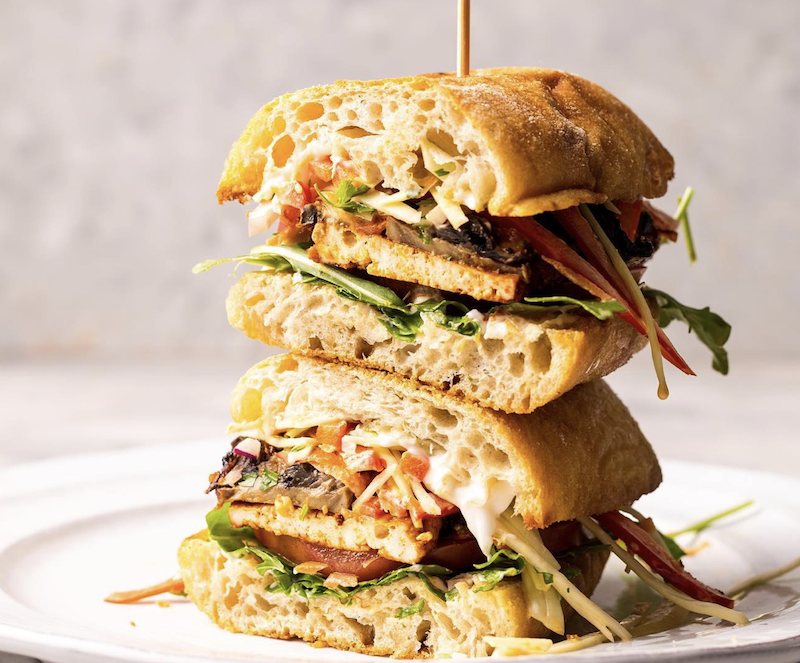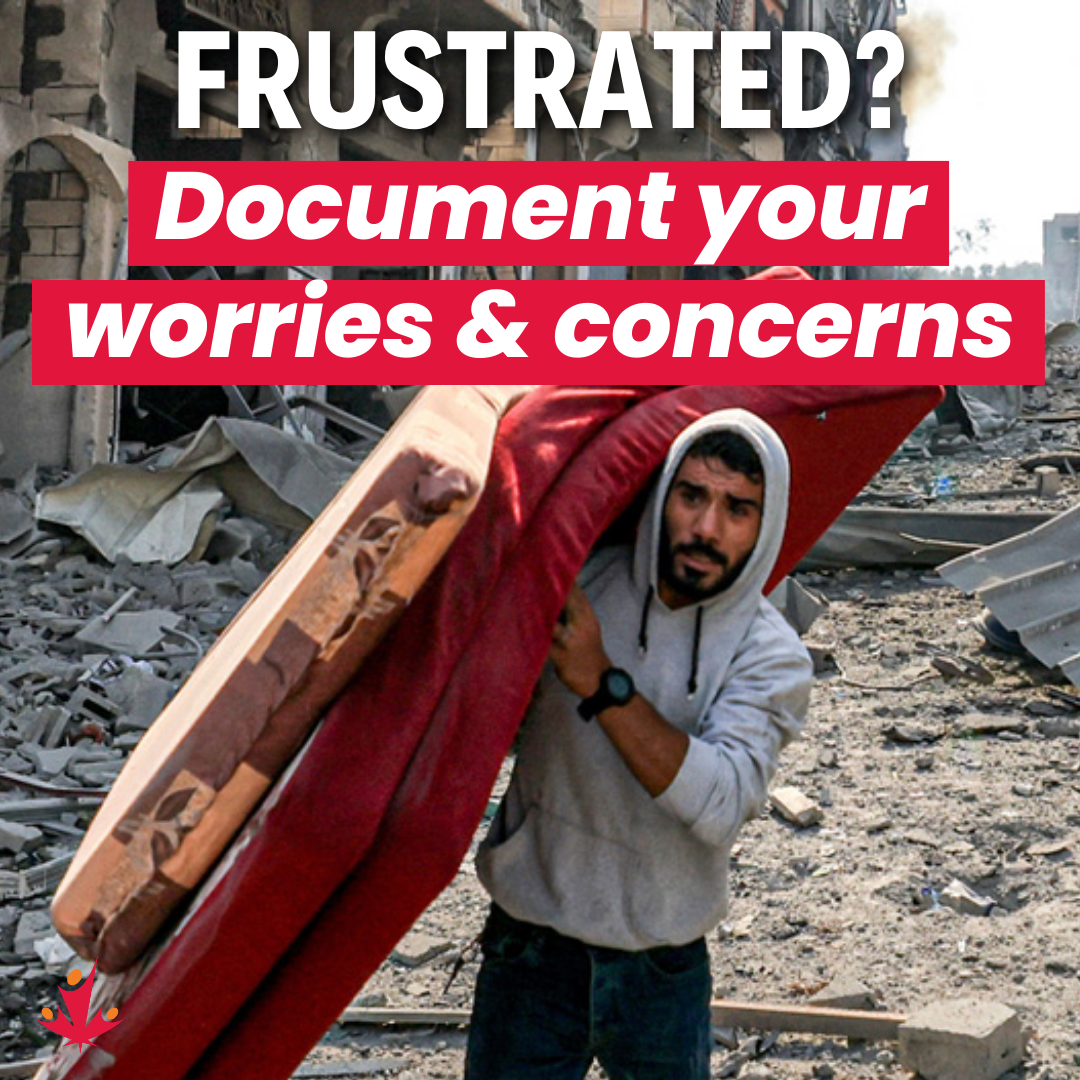
The attacks by Hamas fighters in southern Israel on 7 October, and the Israeli air attacks on Gaza that have followed, and now the unfolding humanitarian disaster there, once again expose fundamental bias in the state-corporate news media. Does news coverage really convey the impression that all lives – Palestinian and Israeli – are of equal value? After all, they surely deserve the same level of humanity and compassion. Do the news media present heart-wrenching stories of individual victims and their grieving families from both sides? And is the full context and history explained in order for audiences to arrive at a proper understanding of events?
As Jack Mirkinson, an interim senior editor at The Nation magazine, wrote:
‘Who is allowed humanity, and who is not? Whose deaths are tragedies worth paying concerted attention to, and whose deaths can be dealt with in a matter of seconds? Whose children are worth learning about? Whose heartbreak is worth lingering over? And which people, when confronted by bloodshed, deserve to have the world put everything on hold and rush to their side? The answer is clear. Palestinians are killed by Israel all of the time, including when they peacefully protest. But the world never puts itself on hold to bear witness to their heartbreak.’
On BBC Newsnight, host Kirsty Wark listened to Husam Zomlot, head of the Palestinian Mission to the UK, describe how six of his family members had been killed by Israeli air strikes. Wark reacted oddly:
‘I’m sorry for your own personal loss. I mean, can I just be clear, though, you cannot condone the killing of civilians in Israel, can you?’
This captures an essential element of western media coverage in the region: the death of Palestinians might be noted, but attention is swiftly brought back to the suffering of Israelis.
Mohammed El-Kurd, Palestine Correspondent at The Nation, explained how the ‘mainstream’ media tries to persuade us that deaths reported by Palestinian authorities are less credible than those from Israeli sources:
‘Phrases like “Hamas-run” [hospitals], “Hamas-controlled” are designed to feed on your bias. You start to become apathetic to these patients. You dehumanise them and you think of them as less worthy victims.
‘Such phrases cast doubt on the data coming out of these institutions and portray these institutions not as medical institutions run by healthcare professionals but rather as scary, untrustworthy institutions run by savages.’
At the time of writing, Al Jazeera reports that at least 2,800 people have been killed, including over 1,000 children, in Gaza in Israeli air attacks. An estimated 1,000 people are missing under rubble. In Israel, the number of people killed following Hamas’s attack in southern Israel is around 1,400, including 286 soldiers. 40 babies and young children were killed in Kfar Aza kibbutz. Around twenty children were killed at Be’eri kibbutz. Hamas is also holding 199 Israeli hostages in Gaza.
The BBC reported in its usual ‘impartial’ way that people were ‘killed’ in Israel while in Gaza, Palestinians merely ‘died’. BBC News described intense Israeli bombing as ‘retaliatory air strikes’, conforming to the approved ideology that Israel only ever responds to violence, and never instigates it. The BBC did not describe the Hamas attacks as ‘retaliation’ for years of brutal Israeli occupation, oppression and killing and torture of Palestinians, including children. According to the UN, between 2008 and 2023, Israeli airstrikes killed 6,407 Palestinians in the occupied territories, 5,360 of whom were in Gaza. Israel had 308 fatalities in that time period. In other words, 95 per cent of the total casualties during this period were Palestinian.
Last Friday, Israel ordered all Palestinians in the northern half of the coastal strip – around 1.1 million people out of a total population of 2.3 million – to move south within 24 hours. Clive Baldwin, senior legal adviser of Human Rights Watch, warned that there is no safe place for them to go, even if they were able to travel ‘when the roads are rubble, fuel is scarce and the main hospital is in the evacuation zone.’ He added: ‘World leaders should speak up now before it is too late.’
Oxfam said: ‘There is no single square metre in Gaza that is safe. It’s all under attack.’
Indeed, Israeli strikes on southern Gaza last night, including near the Rafah border crossing, killed at least 49 people.
The UN warned of ‘devastating humanitarian consequences’ should Israel insist that its demand be upheld. Jan Egeland, Secretary General of the Norwegian Refugee Council, called upon Israel to reverse its ultimatum, warning that ‘it would amount to the war crime of forcible transfer’.
But Israel has refused to rescind its order, with Israeli Prime Minister Benjamin Netanyahu vowing to ‘demolish’ Hamas. Hamas – an acronym for ‘Islamic Resistance Movement’ – is the governing body in Gaza. It came to power in parliamentary elections in 2006 (the last year that such elections were held in Gaza).
Israel claimed that it would maintain two ‘safe routes’ out of northern Gaza. But, Amnesty verified six videos of an Israeli attack on 13 October, resulting in civilian casualties along one of these ‘safe’ routes. A convoy, including a truck carrying around thirty people, eight cars and other nearby people, including women, children and people with disabilities, was attacked. Ambulances that arrived at the scene were hit in a second attack and rescuers injured. At least 70 people died.
The World Health Organisation strongly condemned Israel for its repeated orders for the evacuation of 22 hospitals treating more than 2000 inpatients in northern Gaza. This was ‘a death sentence for the sick and injured’. As three-time US presidential candidate Ralph Nader commented:
‘Where are people on ventilators receiving dialysis and babies in incubators going to evacuate to?’
Philippe Lazzarini, head of the UN Agency for Palestine Refugees, warned on 15 October that: ‘Gaza is being strangled and it seems that the world right now has lost its humanity.’
He added:
‘There is not one drop of water, not one grain of wheat, not a litre of fuel that has been allowed into the Gaza Strip for the last eight days.’
Lazzarini said that an ‘unprecedented humanitarian catastrophe’ is unfolding and that ‘no place is safe in Gaza’. The UN agency warned that:
‘This is the worst we’ve ever seen. This is hitting rock bottom. This is Gaza being pushed into an abyss, there is tragedy unfolding as the world is watching.’
Palestinians Are ‘Human Animals’
The Israeli order for over one million Palestinians to evacuate the northern part of Gaza came a few days after Israel had imposed a total embargo on electricity, water, fuel and food into Gaza. Israeli Defence Minister Yoav Gallant stated on 9 October:
‘We are putting a complete siege on Gaza. … No electricity, no food, no water, no gas – it’s all closed.’
Gallant attempted to justify the move by describing Palestinians as ‘human animals’ and ‘beastly people’.
This is collective punishment on a civilian population of two million people by the occupying power, Israel, and is a war crime according to the Geneva Conventions. In particular, Article 33 of the Geneva Convention IV states:
‘Collective penalties and likewise all measures of intimidation or of terrorism are prohibited.’
Collective punishments are also prohibited under customary international law, according to the International Committee of the Red Cross.
Jonathan Cook, an experienced and insightful analyst of Israel and Palestine, wrote that:
‘Gaza is about as flagrant a violation of this prohibition as can be found. Even in “quiet” times, its inhabitants – one million of them children – are denied the most basic freedoms, such as the right to movement; access to proper health care because medicines and equipment cannot be brought in; access to drinkable water; and the use of electricity for much of the day because Israel keeps bombing Gaza’s power station.’
Last October, Ursula von der Leyen, the president of the EU Commission stated that:
‘Russia’s attacks against civilian infrastructure [in Ukraine], especially electricity, are war crimes.
‘Cutting off men, women, children of water, electricity and heating with winter coming – these are acts of pure terror.
‘And we have to call it as such.’
Likewise, US Secretary of State Antony Blinken had strongly condemned Russia:
‘Heat. Water. Electricity. For children, for the elderly, for the sick. These are President Putin’s new targets… This brutalization of Ukraine’s people is barbaric.’
But when Israel does it to Gaza? Where are the widespread calls from senior US and European politicians to condemn the same acts by Israel as ‘pure terror’ and ‘barbaric’? Certainly not from the UK’s Labour party.
When interviewed by British radio station LBC, Labour leader Sir Keir Starmer did not agree that Israel’s cruel blockade of Gaza is a crime under international law. Instead, he actually claimed Israel has ‘that right’ to cut off water and electricity, adding it ‘should be done within international law’. But cutting off water and electricity (and food and fuel) is not within international law.
Starmer is a former human rights lawyer and must be well aware of the illegality of Israel’s action. Instead, he could only robotically repeat that ‘Israel has a right to defend itself’. This was obviously the approved Labour line as it was repeated by Emily Thornberry, Labour’s Shadow Attorney General, on BBC Newsnight.
She was asked:
‘Do you think cutting off food, water and electricity is within international law?’
Her evasive non-response?
‘I think that Israel has an absolute right to defend itself against terrorists.’
The ‘absolute right’ to commit war crimes, including intensive bombing of the densely-populated Gaza strip and the collective punishment of two million civilians there? In effect, Labour is colluding with Israel’s crimes against the Palestinian people, as is the UK government which has declared that it stands ‘unequivocally’ with Israel. Recall that Labour is ostensibly the party of opposition to the Tory government.
A mealy-mouthed Guardian editorial on 16 October observed:
‘It should not be hard to condemn Hamas and name its actions as evil, while also condemning war crimes committed by Israeli forces.’
There was no criticism naming Starmer, his Labour colleagues or the UK government for their support for Israel’s collective punishment of Gaza.
The shameful approach of Labour was highlighted yet again when David Lammy, the Shadow Foreign Secretary, refused to state during a BBC interview whether a siege of a civilian population was a breach of international law. His appalling response was that the UN Human Rights Commissioner is ‘entitled to his point of view’. Lammy said: ‘I’m not here as an international lawyer.’
He should have been there as a thinking, feeling human being with a moral compass watching the commission of an appalling war crime with his party’s open support. Labour under Starmer has utterly discredited itself.
Even when Starmer was asked on Sky News if he had any support or sympathy for the besieged citizens of Gaza, he ignored the question and repeated his condemnation of Hamas:
‘We have to be clear where responsibility is. Responsibility [lies] with Hamas.’
Alex Nunns, author and a former speechwriter for Jeremy Corbyn, commented:
‘I saw this [Sky News interview with Starmer] yesterday but keep thinking about it. Asked if he has any sympathy for Palestinian civilians facing hell, he can’t manage a single word.
‘It could be he’s a psychopath, incapable of empathy, but I sense he’s actually scared he won’t look tough.’
Journalist Peter Oborne, formerly the Daily Telegraph’s chief political commentator, warned:
‘In moments of crisis, it’s the job of a statesman to resolve problems, not inflame them. It’s their job to show wisdom, to ignore popular clamour, to remind all parties of their obligations under international law, to emphasise our common humanity, and to look for long-term solutions that avoid a return to past horrors.’
Oborne was especially critical of Starmer after his LBC interview supporting Israel’s ‘right’ to impose collective punishment on Gaza, in contravention of international law:
‘There’s a terrible risk here. These remarks from a man seen as the British prime minister-in-waiting have given a green light for future war crimes.’
Putting both the UK government and Labour ‘opposition’ to shame, Tory MP Crispin Blunt, former Chair of the Foreign Affairs Select Committee, was clear:
‘If you are encouraging a party to undertake a war crime, you become complicit in that crime yourself.’
As he pointed out:
‘It’s absolutely clear now that what is happening in Gaza does amount to a war crime.’
Former Labour leader Jeremy Corbyn also strongly defended international law:
‘I utterly condemn the attacks on civilians, Israeli and Palestinian. And I plead with politicians across the globe to do all they can to stop any further loss of human life.’
He added:
‘I wonder, if Gaza is wiped off the face of the earth, whether our politicians will look back and reflect on the reality of their unwavering support. If they had any integrity, they would mourn the innocent Palestinian lives that have been erased in the name of self-defence. They should be ashamed of their cowardice, knowing that others will pay the price for the war crimes they refuse to oppose.’
Corbyn concluded with these moving words:
‘“Gaza has casualties…mothers who cry… let’s use this emotion, we are two nations from one father, let’s make peace, a real peace.”’
‘Those were the words of an Israeli father whose daughter had been so cruelly taken hostage by Hamas. I cannot fathom the agony he must be feeling. Yet in the depths of unimaginable darkness, he found the courage to call for peace. Why can’t we?’
Given Corbyn’s lifelong support of Palestinian human rights, is it any wonder that the Israel lobby, along with the establishment as a whole, worked so hard to prevent him becoming Prime Minister?
Vital Missing Context
Media coverage of Israel and Palestine has long been dominated by the ‘both sides’ narrative. Conflict in the region has been historically presented as ‘fighting’ between two roughly equal forces where Palestinian ‘provocation’ is met by Israeli ‘retaliation’. It is rarely made crystal clear in news reporting that Israel, one of the world’s most technologically advanced and powerfully-armed nations, has imposed a military occupation on Palestinians. As US media analyst Gregory Shupak explained there is a false equivalence in state-corporate media of the occupied and the occupier. But, in fact:
‘Israel, and its forerunners in the Zionist movement, have been carrying out a war against Palestinians for over 100 years, so Israeli self-defense against Palestinians is a logical impossibility (Electronic Intifada, 7/26/18). As an occupying power, Israel does not have a legal right to claim self-defense against the people it occupies (Truthout, 5/14/21). Israel has been subjecting Gaza to a military siege for 12–14 years, depending on the metric one uses to determine the starting point, which has left the territory effectively unlivable (Jacobin, 3/31/20); a siege is an act of war, so the party enforcing it cannot claim to be acting defensively in response to anything that happened subsequent to the start of the blockade.’
Palestinians have suffered decades of intense Israeli oppression, violence and torture going all the way back to the ethnic cleansing of Palestine in 1948 – known as the Nakba or ‘Palestinian Catastrophe’ – when the state of Israel was declared.
Since 2007, the year after Hamas came to power in Gaza, Israel has imposed an air, land and sea blockade on the territory, claiming it was necessary to prevent attacks by Hamas. But the UN and international human rights groups have condemned the blockade, describing Gaza as ‘the world’s largest open-air prison.’ Residents of Gaza are surrounded by concrete walls and barbed wire fences, unable to leave without Israeli-approved permits.
In recent years, human rights groups – including Amnesty International, Human Rights Watch and Israel’s own B’Tselem – have described Israel as an apartheid state.
The brutal mass killings of Israeli civilians by Hamas on 7 October after breaking through the fence separating Gaza from Israel has rightly been condemned by leaders around the world. But, as UN Secretary-General António Guterres pointed out, the violence ‘does not come in a vacuum’ but ‘grows out of a long-standing conflict, with a 56-year long occupation and no political end in sight.’
In a video less than eight minutes long, Mnar Adley, Mint Press founder, provided vital context that is conspicuously absent from ‘mainstream’ reporting. One vital fact is that the US pumps $3.8 billion in military ‘aid’ to Israel every year, fueling profits for weapon manufacturers including Lockheed, Martin and Raytheon.
Adley added:
‘The problem is not Hamas; rather the decades-long colonial apartheid project that Israel has subjected Palestine to, making a violent outburst inevitable.’
Without the massive flow of US arms, money and diplomatic support, Israel would not be able to pursue its ‘foundational government policy of using strategies of “terror and expulsion” in an effort to expand its territory by killing and displacing Palestinians’, as Noam Chomsky explained in this 2021 interview.
Whenever Hamas is mentioned in the state-corporate media, we are told it has been designated as a ‘terrorist organisation’ by many governments, including the UK. By contrast, despite endless breaches of international law and the commission of numerous war crimes against Palestinians, Israel’s government, military forces or security agencies are not designated as terrorist organisations.
What happened during the 7 October Hamas attacks on Israel was terrible enough, but many newspaper headlines and front pages carried shocking claims that Hamas fighters had ‘beheaded babies’ in Kfar Aza, a kibbutz in southern Israel. But was it true? Turkish news agency Anadolu reported that an Israeli army spokesperson told them they had no confirmation that it had happened. Dominic Waghorn, Sky News international affairs editor, cautioned:
‘The story about babies being beheaded at Kfar Aza is based on one live report by one Israeli reporter and has not been corroborated by officials but it has been reported as fact around the world by experienced journalists who should know better.’
Lowkey, the British rapper and political activist, observed via Twitter/X that the source for the ‘beheaded babies’ claim was Israeli channel i24 News, adding:
‘A Haaretz investigation previously found that i24 News functions as a proxy for the Netanyahu family, with directives coming directly from the Israeli Prime Minister’s office at times.’
The day after numerous lurid front pages had appeared, CNN reported that:
‘Israeli official says government cannot confirm babies were beheaded in Hamas attack’.
Dave Reed of Mondoweiss reported that the single source for the claim was the Israeli soldier David Ben Zion who is a radical settler ‘with a history of espousing calls for genocidal violence against Palestinians.’
The discredited ‘beheaded babies’ story recalls the fiction of ‘babies snatched from incubators’ by Iraqi soldiers in a Kuwaiti hospital during the 1990 Persian Gulf War. Likewise, First World War claims of German soldiers bayoneting children is another myth in a long line of war atrocity propaganda.
Crushing the Palestinians
Orly Noy, an Israeli journalist, provided some much-needed perspective:
‘It is important not to minimise or condone the heinous crimes committed by Hamas. But it is also important to remind ourselves that everything it is inflicting on us now, we have been inflicting on the Palestinians for years. Indiscriminate firing, including at children and older people; intrusion into their homes; burning down their houses; taking hostages – not just fighters but civilians, children and older people.’
Noy continued:
‘…we have not only brought Gaza to the brink of starvation, we have brought it to a state of collapse. Always in the name of security. How much security did we get? Where will another round of revenge take us?’
Human Rights Watch has reported the use of white phosphorus in Gaza and Lebanon by Israeli forces, a war crime when civilians are put at unnecessary risk. This certainly applies in Gaza, one of the most densely populated areas in the world. Lama Fakih, HRW’s Middle East and North Africa director said:
‘Any time that white phosphorus is used in crowded civilian areas, it poses a high risk of excruciating burns and lifelong suffering. White phosphorous is unlawfully indiscriminate when airburst in populated urban areas, where it can burn down houses and cause egregious harm to civilians.’
Last Thursday, the Israeli Air Force boasted in a tweet that it had dropped 6,000 bombs on ‘Hamas targets’. As the Australian political writer Caitlin Johnstone observed, ‘Hamas targets’ is a convenient propaganda term. What does it even mean in such a highly densely-populated area as Gaza? On 13 October, she wrote:
‘The phrase “Hamas targets” has been all over the news media the last few days in reference to the ongoing attacks on Gaza, which have as of this writing killed over 1,500 Palestinians, a third of them children.
‘“Israel conducts large-scale strikes on Hamas targets,” reads a CNN headline.
‘“Israel conducts ‘large-scale strike’ on Hamas targets,” reads the title of a segment for ABC News.
‘“Israel says it dropped 6,000 bombs so far against Hamas targets,” reads a report by The Washington Post.’
Johnstone added:
‘Israel must have really great visibility into Gaza to know that each of those 6,000 bombs was aimed “Hamas targets” and not just civilian buildings. Where was this 20/20 vision when Hamas was preparing for an attack using motorized paragliders, drones and motorboats in an enclosed strip of land the size of Philadelphia? How did Israeli intelligence fail to detect preparations for this attack even after Egyptian intelligence warned them that it was coming? How did they fail so spectacularly that even Hamas was reportedly surprised by the scale of their operation’s success? Is it really reasonable to believe they were blind as moles to Hamas activity last week but have the eye of the eagle this week?’
On 16 October, as Israel continued to pummel the tiny enclave of the Gaza strip with heavy loss of life, Jonathan Cook pointed to the huge imbalance in the Guardian’s coverage that day. The running order of Guardian headlines read thus:
‘Number of known Israeli hostages grows
‘Blinken starts diplomacy to limit coming death toll
‘UK government urges restraint
‘Might Egypt open its border?
‘US deploys another aircraft carrier to Middle East
‘Israelis vow to rebuild kibbutz destroyed by Hamas
‘Jewish-Arab solidarity projects offer hope
‘Frankfurt book fair cancels talk by Palestinian writer
‘Antisemitic attacks on rise in parts of UK
‘TikTok to curb disinformation about Israel and Hamas’
Cook noted:
‘The only things on offer are details of how the genocide in Gaza is to be organised and why it’s justified.
‘The genocide itself, and the Palestinians being massacred, are bit players – the background noise to excitement over the coming ground invasion.
‘Simply astonishing.’
The website version of the paper made the pro-Israel ‘balance’ even more explicit.
In doing this, the Guardian was normalising the unthinkable – a new massive catastrophe for the Palestinian people.
Conclusion: Towards Peace
As mentioned earlier, BBC News and other major outlets repeatedly broadcast that Hamas has been labelled a ‘terrorist organisation’. They also state over and over that Hamas is ‘committed to the destruction of Israel’. Noam Chomsky was asked about this by Amy Goodman in 2014 in an interview on Democracy Now:
‘You hear repeatedly, Hamas has in its charter a call for the destruction of Israel… how do you guarantee that these thousands of rockets that threaten the people of Israel don’t continue?’
Chomsky replied:
‘Very simple. First of all, Hamas charter means practically nothing. The only people who pay attention to it are Israeli propagandists, who love it. It was a charter put together by a small group of people under siege, under attack in 1988. And it’s essentially meaningless. There are charters that mean something, but they’re not talked about. So, for example, the electoral program of Israel’s governing party, Likud, states explicitly that there can never be a Palestinian state west of the Jordan River. And they not only state it in their charter, that’s a call for the destruction of Palestine, explicit call for it. And they don’t only have it in their charter, you know, their electoral program, but they implement it. That’s quite different from the Hamas charter.’
In fact, as Chomsky pointed out:
‘Hamas leaders have repeatedly made it clear that Hamas would accept a two-state settlement in accord with the international consensus that has been blocked by the U.S. and Israel for 40 years.’
In other words, Hamas has declared its readiness to negotiate a long-term ceasefire with the Jewish state within its pre-1967 borders. But Israel has always rejected the offer, just as it rejected the Arab League peace plan of 2002; and just as it has always rejected the international consensus for a peaceful solution in the Middle East. Why? Because the threat of such ‘peace offensives’ would involve unacceptable concessions and compromises. Israeli writer Amos Elon has written of the ‘panic and unease among our political leadership’ caused by Arab peace proposals. (Cited, Noam Chomsky, Fateful Triangle, Pluto Press, London, 1999, p.75)
The Palestinians are seen as an obstacle by Israel’s leaders; an irritant to be subjugated or even removed. Chomsky commented:
‘Traditionally over the years, Israel has sought to crush any resistance to its programs of takeover of the parts of Palestine it regards as valuable, while eliminating any hope for the indigenous population to have a decent existence enjoying national rights.’
Chomsky summarised the brutal reality:
‘The key feature of the occupation has always been humiliation: they [the Palestinians] must not be allowed to raise their heads. The basic principle, often openly expressed, is that the “Araboushim” – a term that belongs with “nigger” or “kike” – must understand who rules this land and who walks in it with head lowered and eyes averted.’ (Chomsky, op. cit., p. 489)
To avert a humanitarian crisis of truly appalling dimensions, massive international pressure needs to be exerted on Israel to stop bombing Gaza and to withdraw its troops that are currently poised to invade.
So, what is the way forward? Daniel Levy, a former Israeli adviser, and Zaha Hassan, a former Palestinian adviser, believe – rightly – that one must accept ‘the humanity and equality of all people without discrimination or distinction’. Three truths therefore follow:
‘First, the militant attack on Israeli civilians was unconscionable, inhumane and in violation of international law. Second, Israel’s collective punishment against Palestinian civilians and its actions in Gaza are unconscionable, inhumane and a violation of international law. And, third, one must address the context of occupation and apartheid in which this is unfolding if one is to maintain integrity and be able to plot a strategy going forward in which both Palestinians and Israelis can live in freedom and security.’
Reason combined with compassion is the only route to peace.
This post was originally published on Dissident Voice.
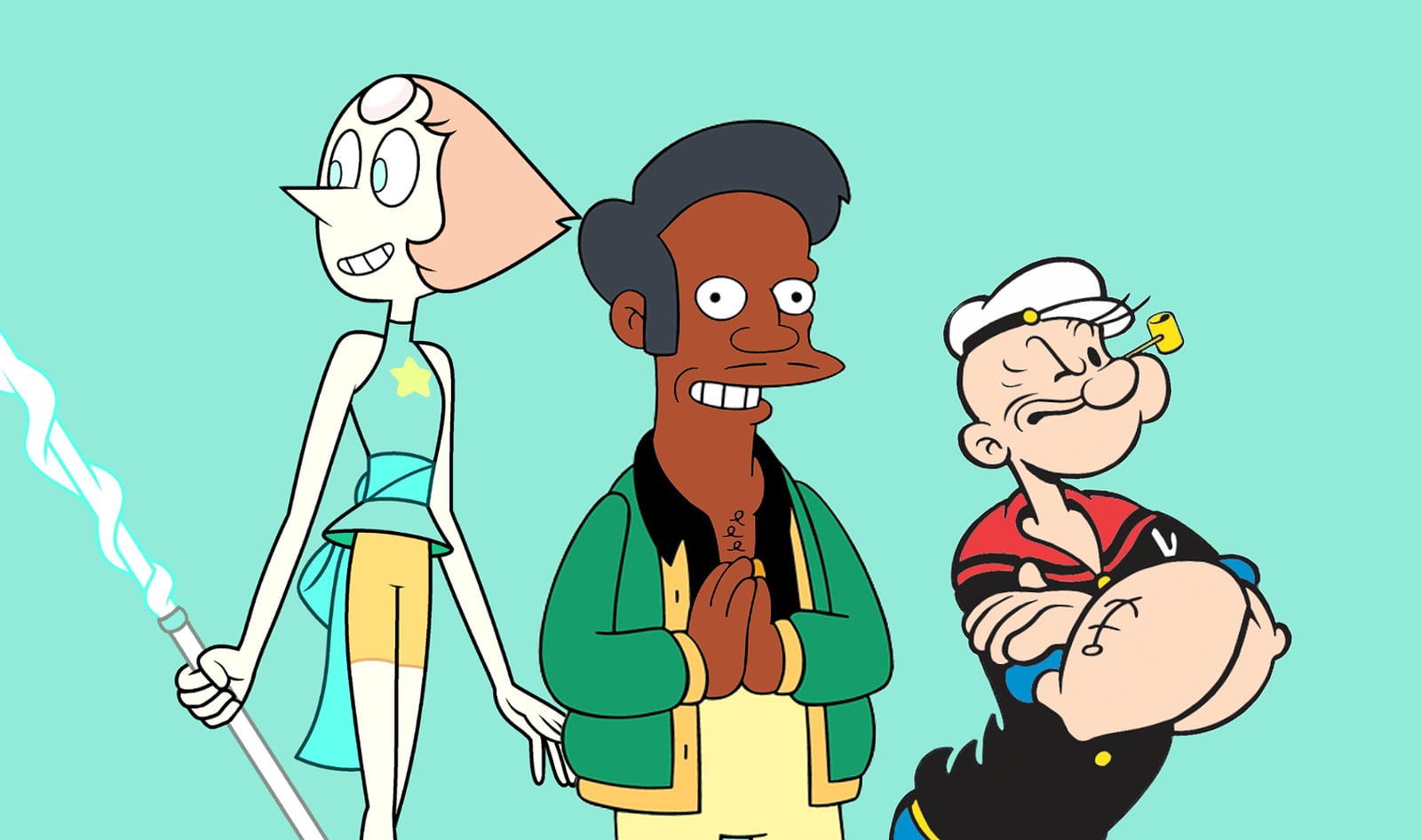
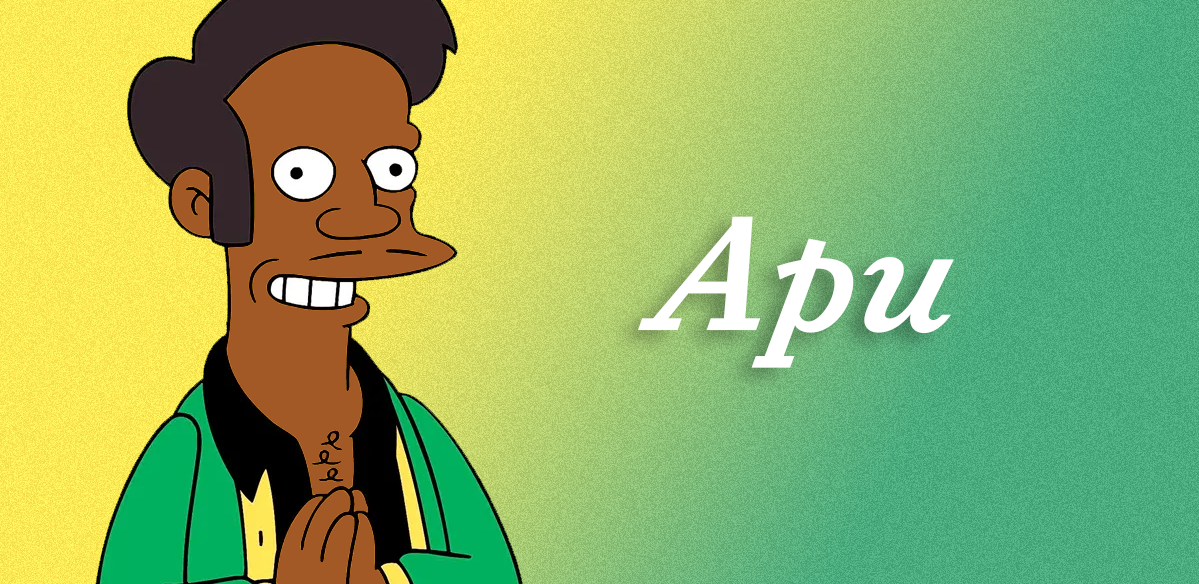

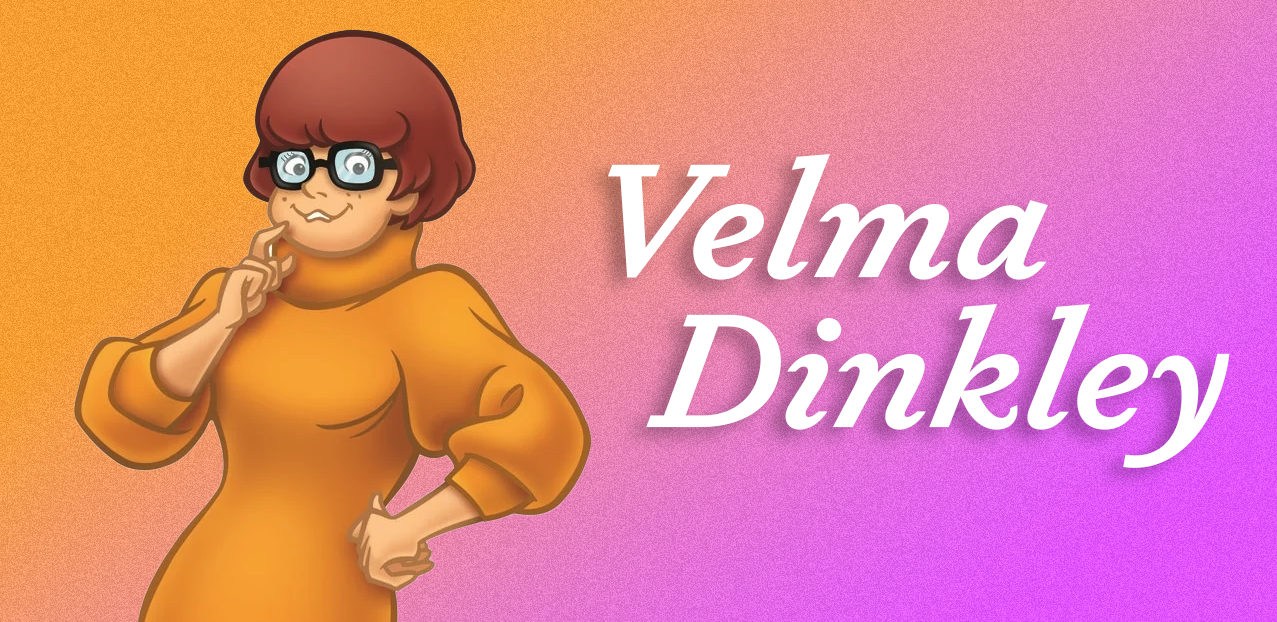
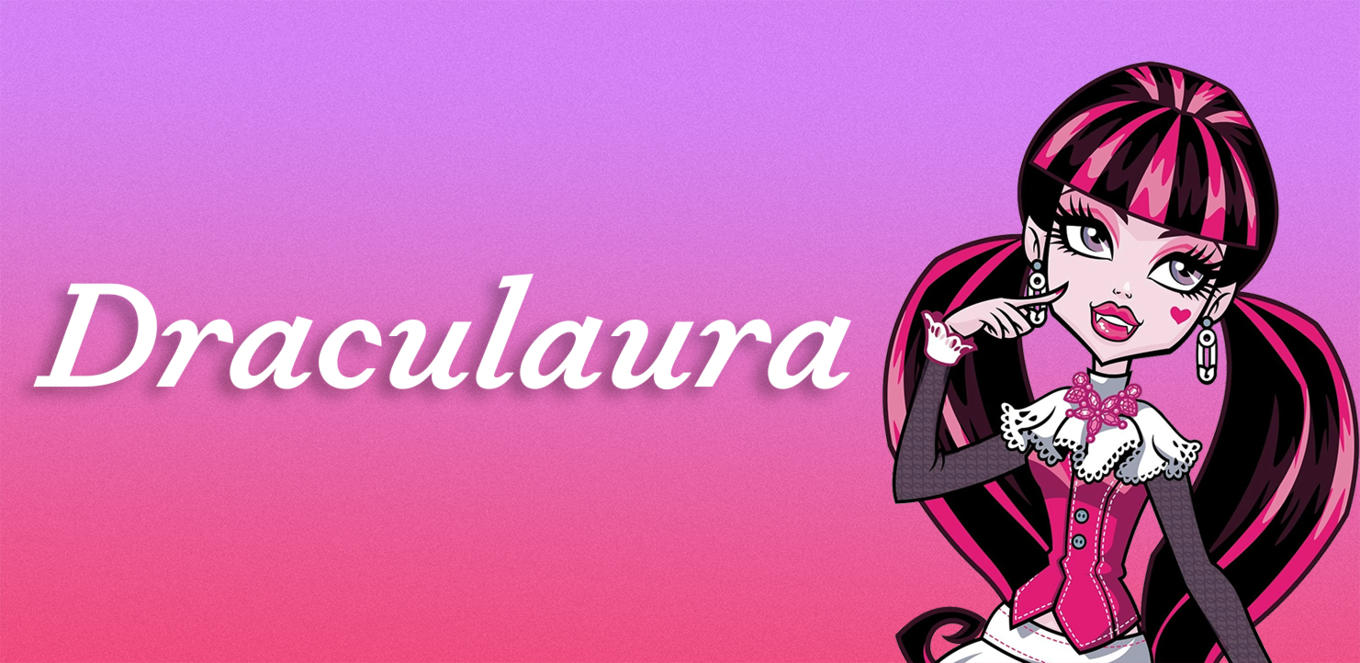


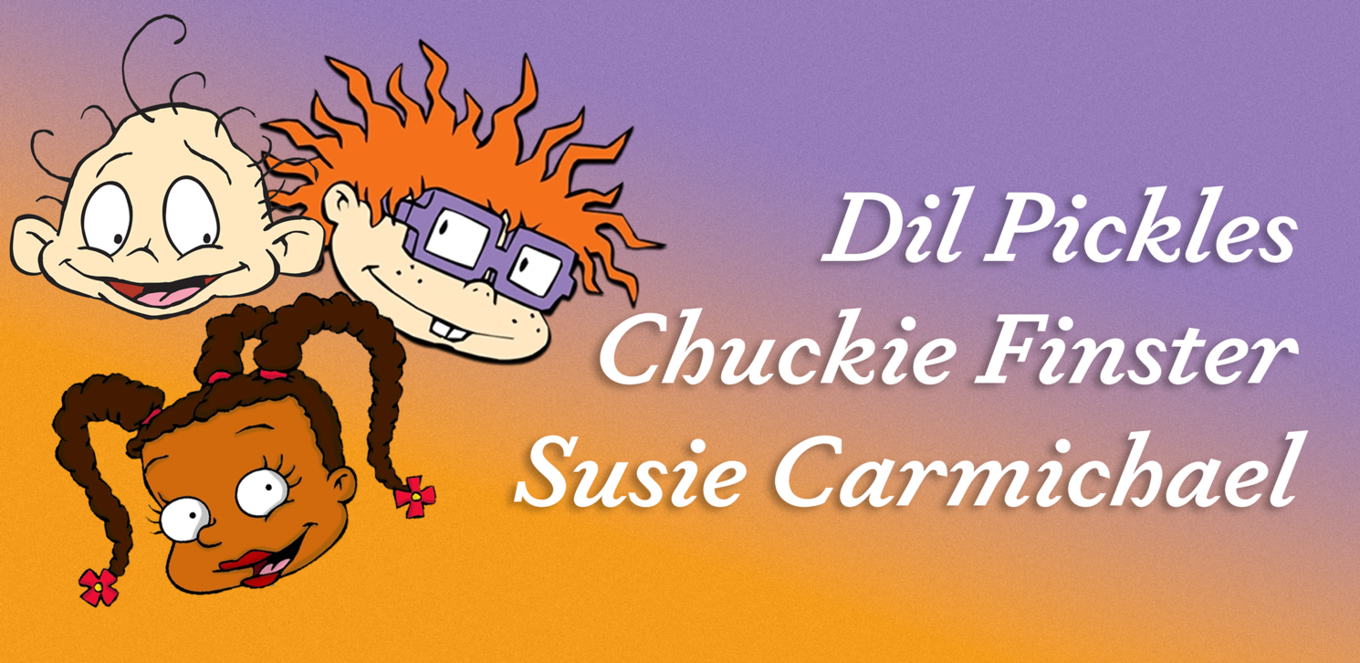



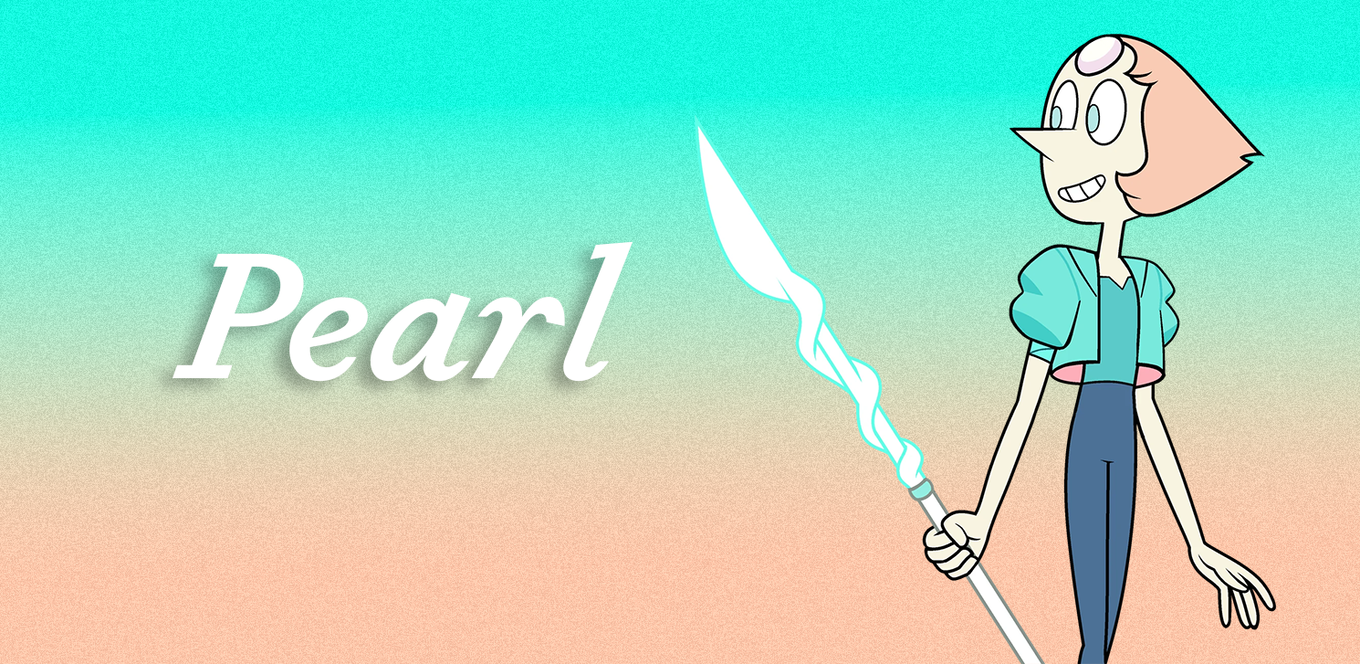

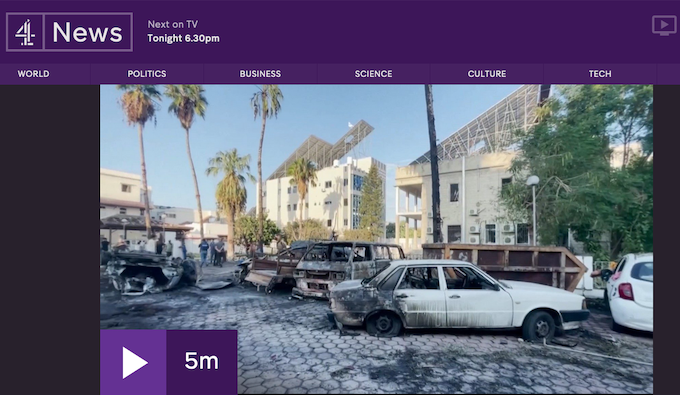


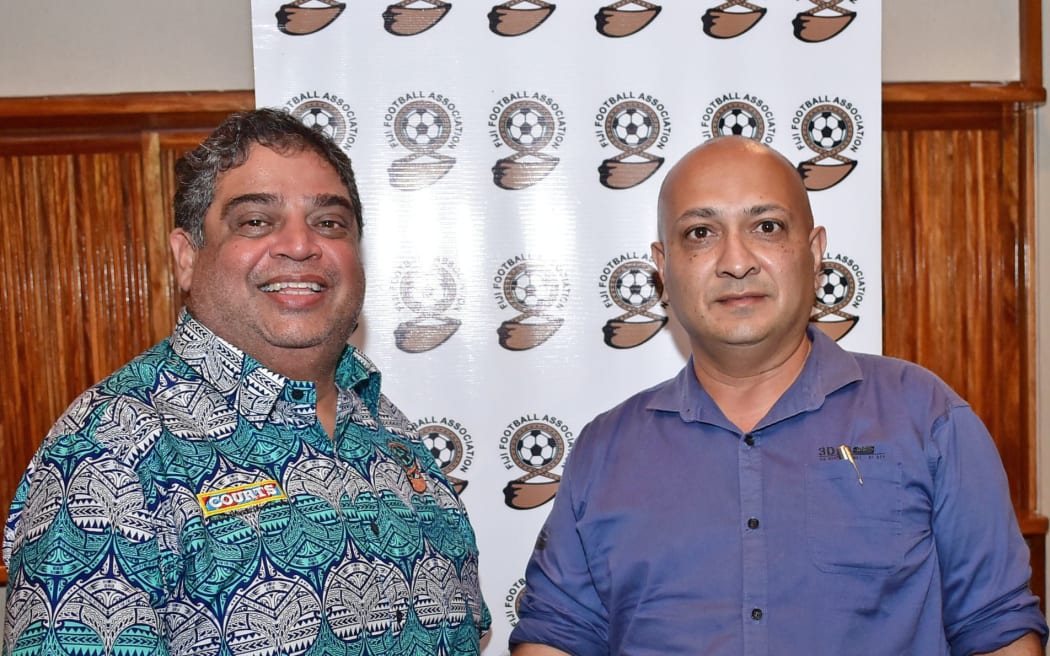

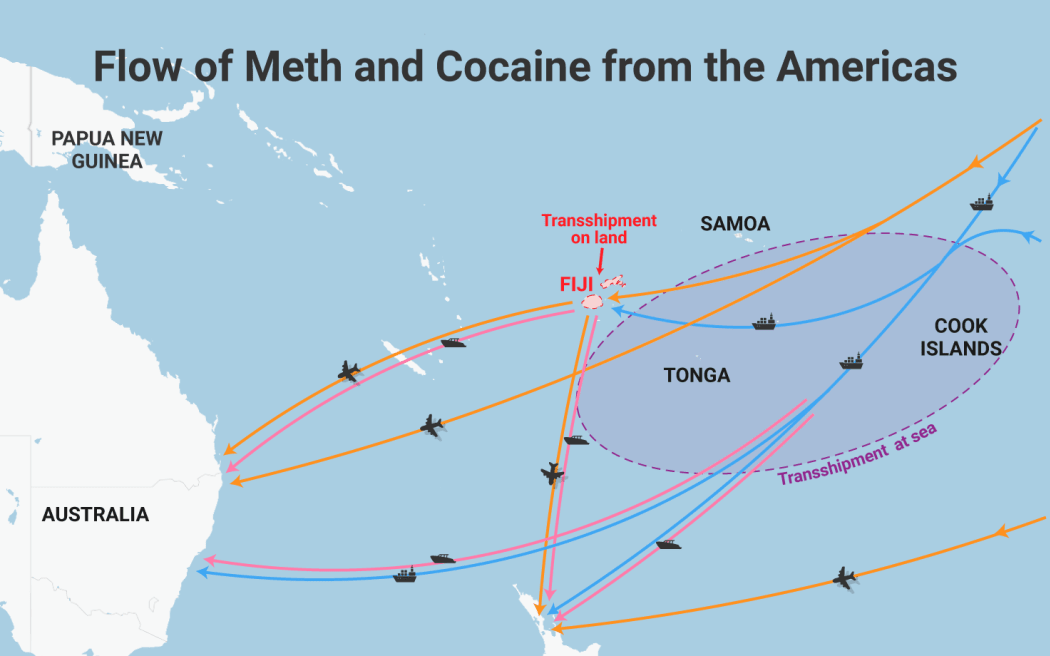
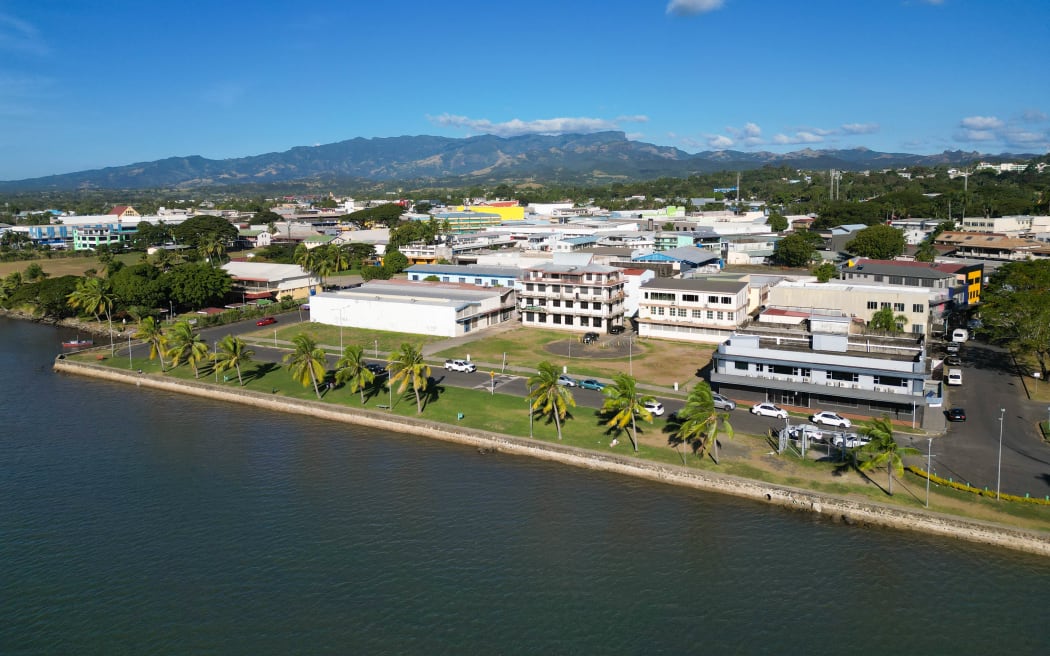
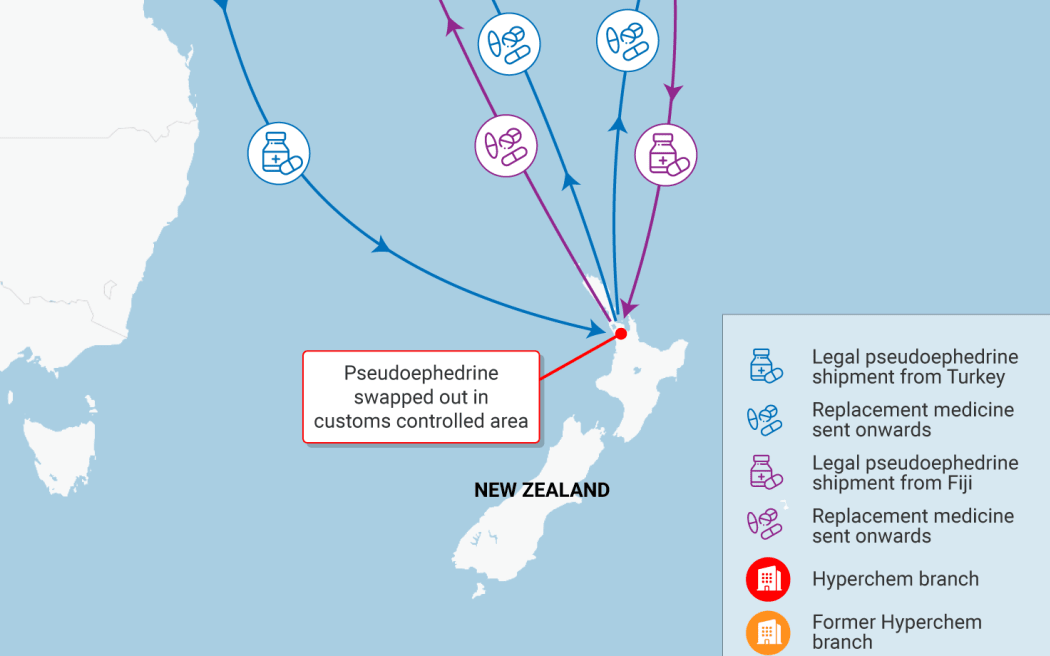


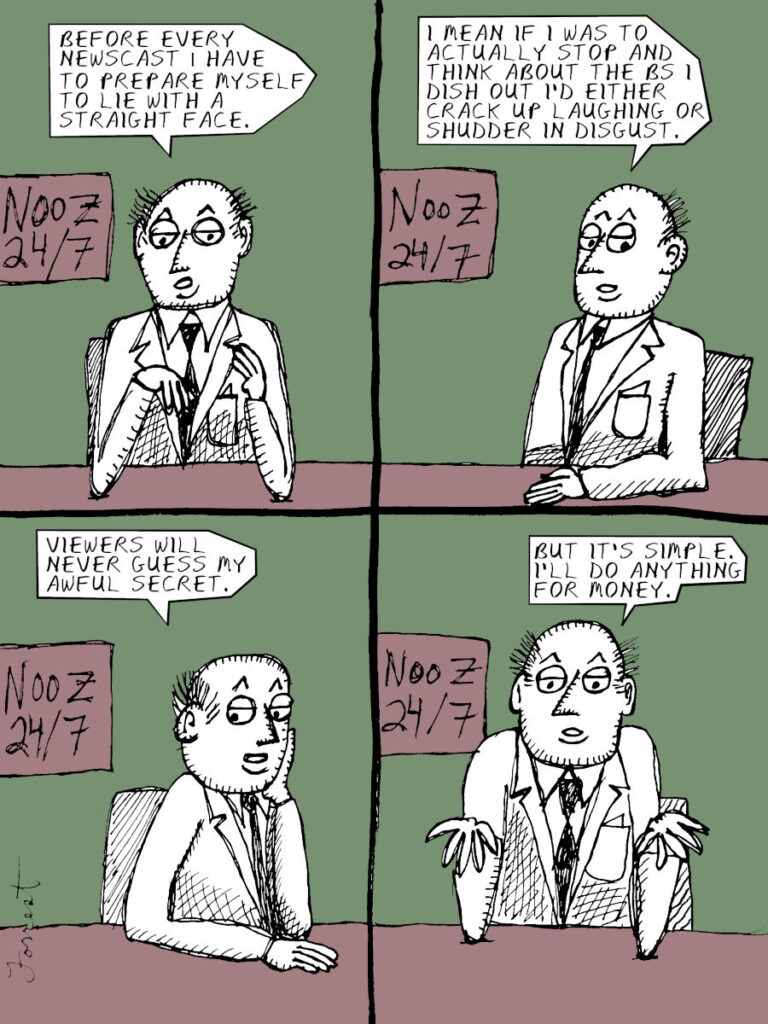
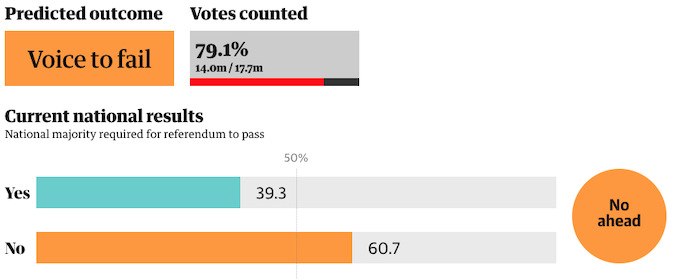













 Candice Hutchings
Candice Hutchings
